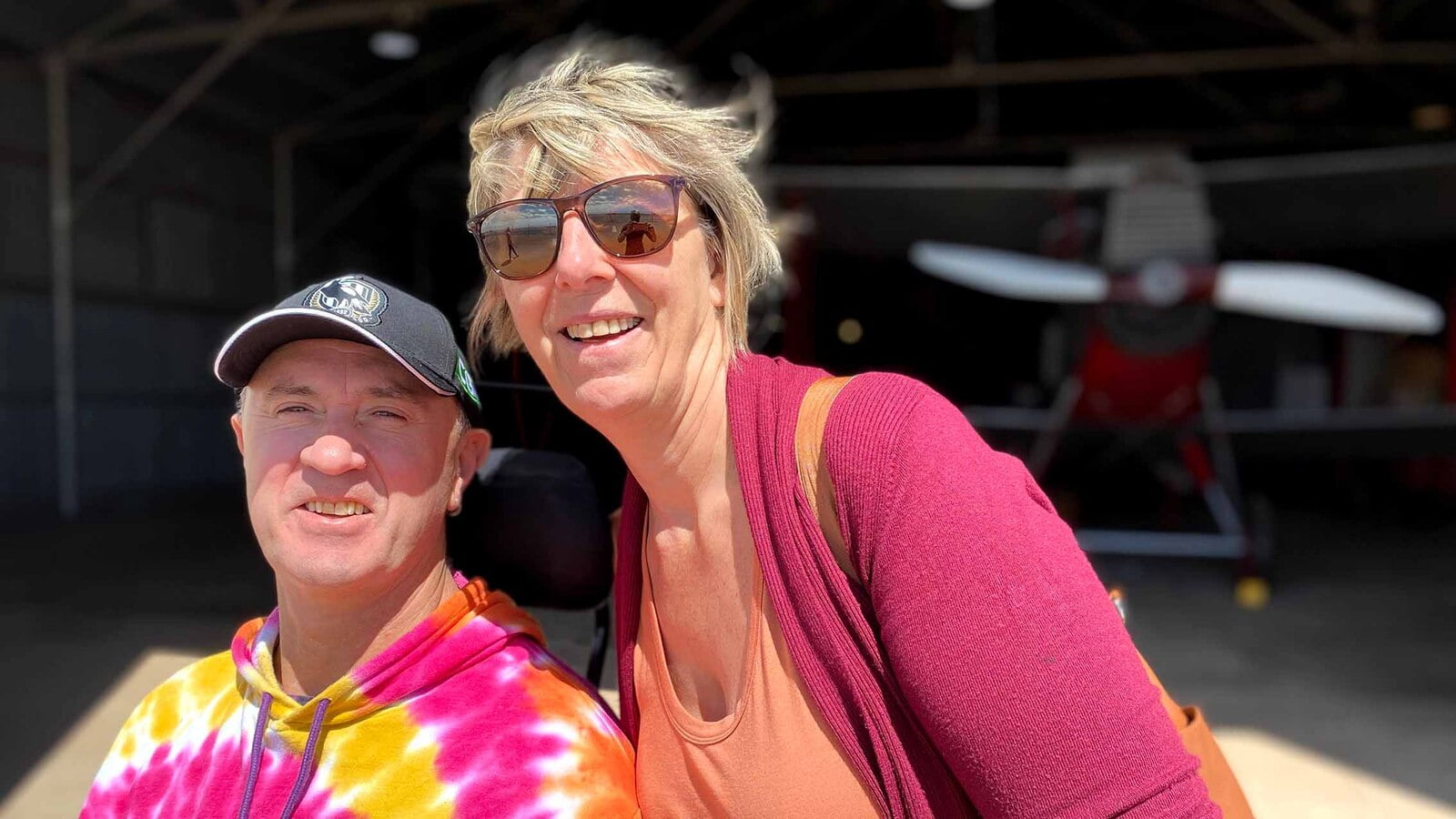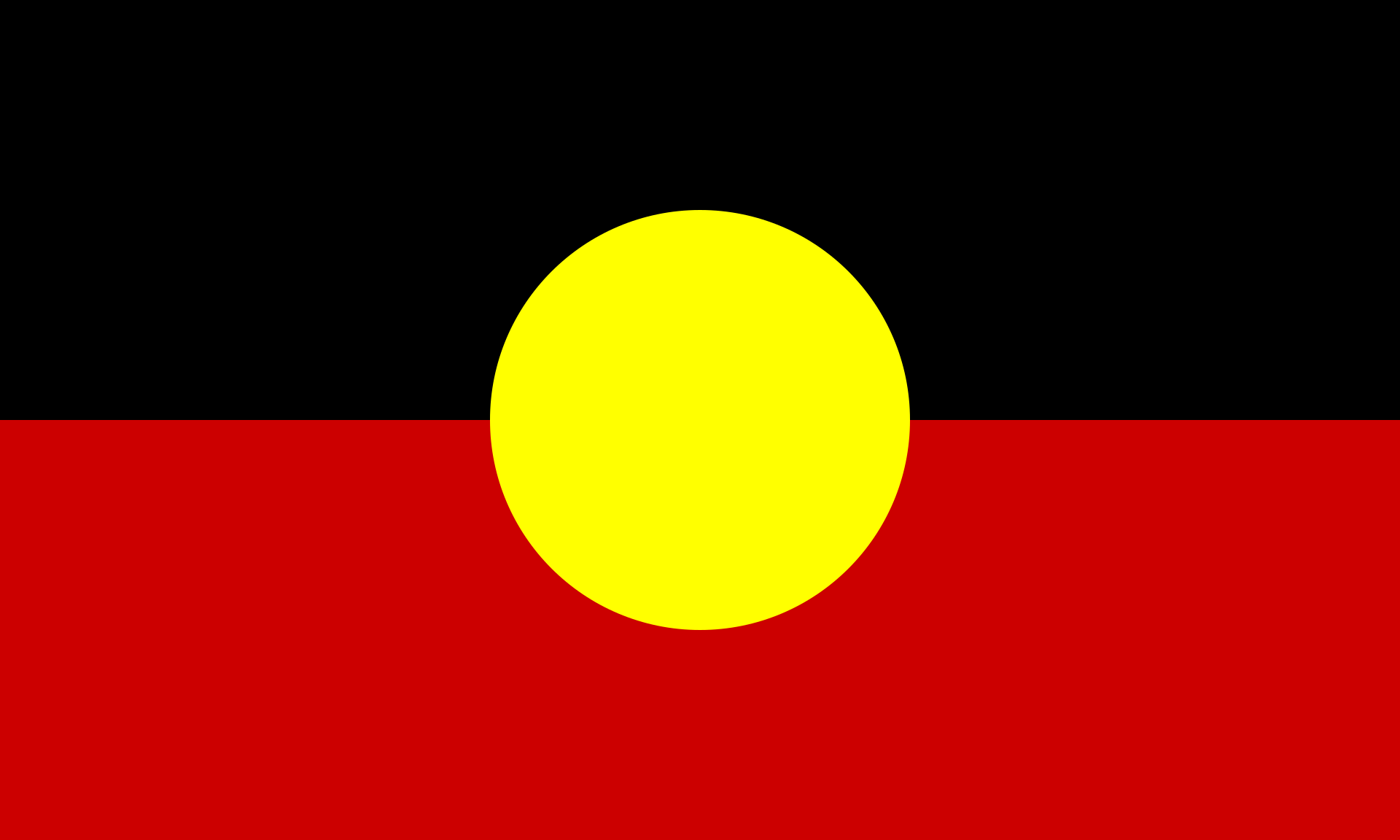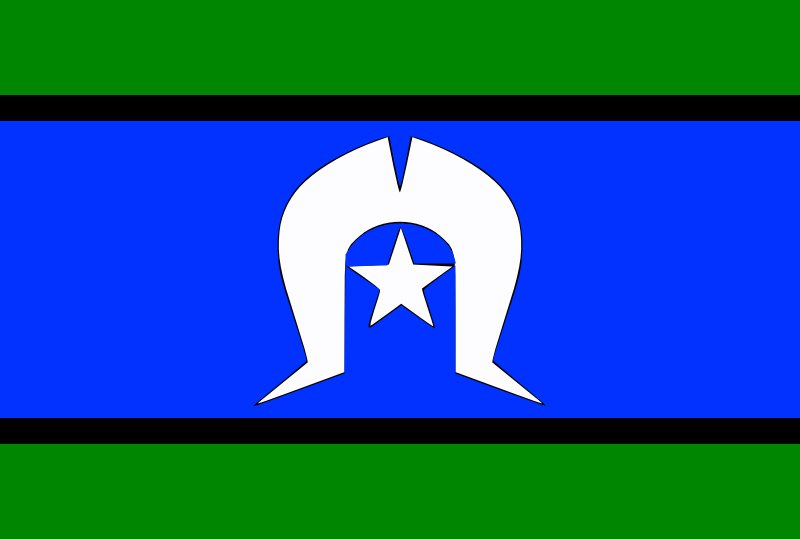Story by Dan Nathan
Adventure was a big part of Robert and Laurie’s life. Four-wheel driving, road tripping and camping, as well as overseas trips. Robert and Laurie are a couple in their 50s, living in Lysterfield in Victoria.
In March 2020, Robert sustained an incomplete C4 spinal cord injury (SCI) while riding a motorbike in a state forest. Luckily, he had recreational registration on the bike, so he was covered by TAC.
Robert says he always knew he’d find his way back to a good life, he just didn’t know what it would look like. Recenty, that image has started coming into focus. Robert went on the Skills For Independence course, a five-day capacity building program that AQA runs. This time the course was hosted by Sargood on Collaroy, a specialist SCI resort in Sydney’s northern beaches.
The five days were filled with a mix of discussion groups and skill building sessions. The content of the sessions was tailored to the goals and aspirations that the participants developed before the course.
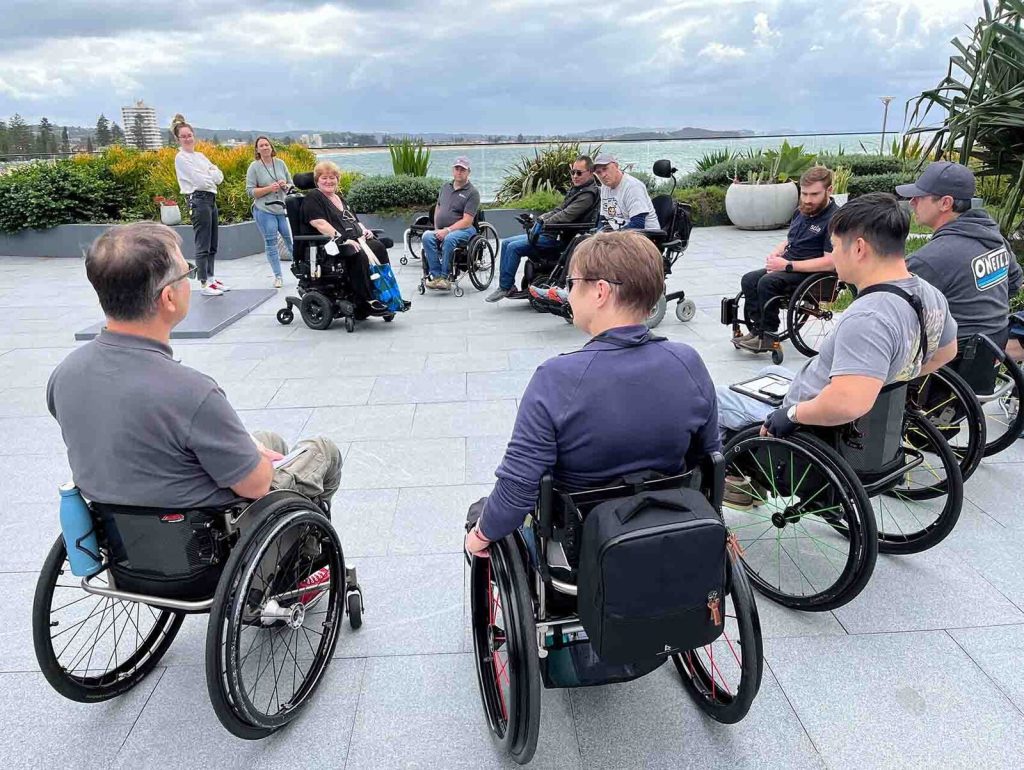
The group was about 16 strong. The course was led and facilitated by Tim Rushby-Smith and Dave Ball, who share 45 years of SCI lived experience. The group also consisted of 7 participants with either acquired and congenital SCIs (using a mix of manual and power wheelchairs), a support crew known as ‘buddies’ and two Group Leaders.
Laurie came up to Sargood with Robert, as participants’ family members or significant others were invited to join the group on the final day. This was a new piloted development added to the end of the course, aiming to make sure that participants have the support they need to keep practising and expanding on the skills they learn when they get home.
For Robert, there were a few key ingredients that quickly gave the group a sense of intimacy: it was five days, residential, and on neutral territory.
“If you did it on a day trip, I don’t think you could get to the intimacy level. Getting away from where we lived, taking us to a different state, it’s a good form of decentralising everybody, and making them all feel like we’re in this together. We’re all away from home, that was a great feeling; and the location, it’s phenomenal.”
And, he says, that intimacy paid dividends.
“You knew you could talk about your deepest and darkest fears and problems, and it wasn’t going to be laughed at, it wasn’t going to be put down. It was more than likely a common problem that everyone else in the group had had, and someone in the group had come up with a good idea on how to help you with it.”
As the week progressed, it turned out someone in the group had an exceptionally useful idea for Robert.
“One of the biggest fears for me was, if I end up on the ground, how do I get up? I don’t want Laurie to hurt herself.”
This fear had also constrained Robert’s sense of what was possible for his and Laurie’s travel options. Anywhere remote would be a risk. Robert had been talking to his physiotherapist about solutions, like a portable hoist, or a portable airbag, but both cost around $4.5-5k, and are bulky items to take on a trip. So, at Sargood, he shared this fear with the group. Martin Heng, who was on the course as a peer trainee facilitator, and has been living with a C4 incomplete injury for about 12 years, said he could show Robert a technique.
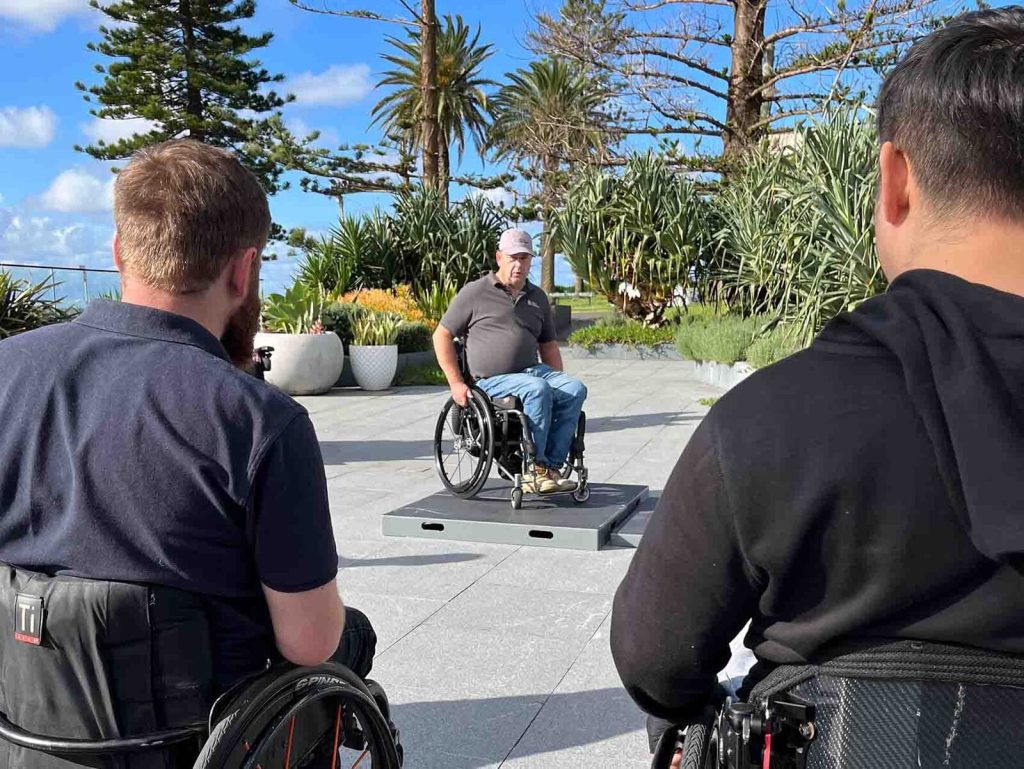
“We watched Martin do it twice,” said Robert.
“He pushed with his quads, arms crossed and locked with the other person, and the opposing force brought him up. And then they asked if I’d like to try it, and I was like yeah! I don’t want to just try it, I want to master it!”
Robert went on to master the technique on his first attempt. On the final day, when it was his turn to get Laurie up to speed on what he’d learned, you can guess what he wanted to show her.
“Laurie and I have got onto the mat, and we’ve gone down onto the ground,” says Robert.
“I walk her through the steps, and then we go for it. When we came up, it was amazing. We just saw all the opportunities open up, suddenly you think: I can do anything, I can lie down on the ground with a swag, I can lie on the ground on a picnic blanket with you, and we can get up, it just opens up so many opportunities and possibilities.
“It’s taken such a load off my mind about where to go and how to go about it. I now have confidence to try things – if I fall over, I don’t need an ambulance to get me up, Laurie can help me, or my friends. It’s a game changer!”

Robert says that the course has inspired him, and changed him.
“I’ve got new horizons, and lots of challenges ahead of me, that’s for sure, but I’m looking forward to them.”
Those challenges, Robert shares, involve standing up on his own, and transitioning from his power chair to a manual one. For Laurie, being invited to join the course on the last day was a great opportunity.
“I think it was fabulous, to be able to speak to other partners, to hear their frustrations, how they get around things, was fantastic,” says Laurie. “And it was really valuable to meet and speak with people who’ve been living with a similar injury to Robert, but for longer. I learned a lot about what’s possible.”
Equipped with new skills and a greater sense of freedom, Robert and Laurie are excited for their next adventure: a three week trip to Hawaii in August.
“At Sargood, they showed me this jet-propelled surfboard – hopefully they have some of those in Hawaii!” shares Robert.

- June 23, 2022

